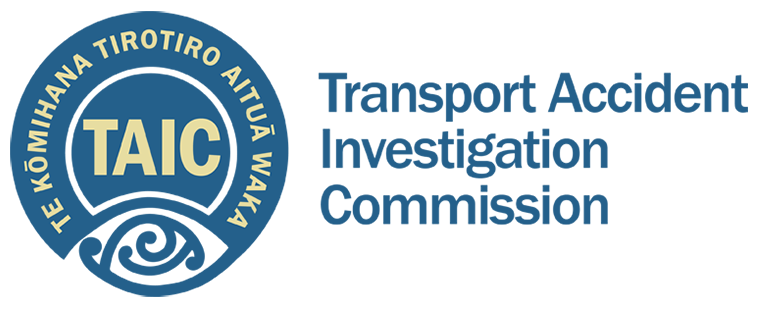The Transport Accident Investigation Commission has published its report on the February 2017 accident in Port Chalmers, Dunedin, on board the passenger cruise ship Emerald Princess, in which a nitrogen cylinder burst, causing one fatality.
The Chief Investigator of Accidents, Captain Tim Burfoot, says the ship’s crew were re-pressurising the gas cylinders after maintenance, when the cylinder burst and fatally injured a nearby crew member.
The cylinder was part of a stored energy system providing an alternative means of launching lifeboats in the event of power failure. Such systems are common on cruise ships.
“The nitrogen cylinder burst at below normal working pressure because its casing had corroded to about 30% of original thickness,” said Capt. Burfoot.
“The failed cylinder and several others in the system were not fit for purpose, despite having been surveyed recently, and should not have been in service.”
The Commission identified a key lesson that corrosion on high-pressure cylinders in marine environments should be fully investigated by qualified persons competent in examining high-pressure cylinders before doing any remedial work, and before allowing the cylinder back into service.
“The wider issue is the lack of global minimum standards for inspection, testing and rejecting pressure cylinders for stored energy systems on lifeboat launching installations. So there is wide variation in, and sometimes inadequate, standards applied by flag state administrations, classification societies and authorised service providers,” said Capt. Burfoot.
The Commission has recommended that the manufacturer of the lifeboat launching system improve training, and that Maritime New Zealand raise with the International Maritime Organization the urgent global need for adequate minimum standards for the inspection, testing and rejection of pressure vessels that are part of stored energy systems.
An earlier interim report by the Commission, published in May 2017, made recommendations regarding the condition and checking of similar installations. The ship’s operator took immediate safety actions to prevent similar accidents on its ships.
The Transport Accident Investigation Commission exists to determine the circumstances and causes of selected aviation, marine, and rail accidents and incidents with a view to avoiding similar occurrences in the future, rather than to ascribe blame to any person.
